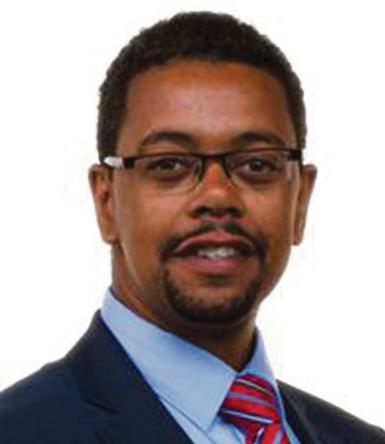MID and West Wales Assembly Member, Rebecca Evans, has welcomed the launch of Wales’ first ever plan to tackle rare diseases – something that she has long been a campaigner for.
The plan, launched by Deputy Health Minister Vaughan Gething, sets out the Welsh Government’s expectations of the NHS in Wales to treat rare diseases for people of all ages, wherever they live and whatever their circumstances.
Mrs Evans – who has been a champion for rare diseases in the Assembly – called for the plan in a debate she led in the Assembly as a backbencher.
Mrs Evans said: “Rare diseases are actually not that rare. A rare disease is defined as any condition affecting fewer than 5 in 10,000 of the general population. There are over 6,000 known rare diseases, and they will affect 1 in 17 people at some point in their lives – that equates to 175,000 people in Wales.”
The plan sets out how the Welsh Labour Government will implement the UK Strategy for Rare Diseases. It sets out what actions health boards, NHS trusts and their partners in local government, the third sector, education and research and industry can take together to engage and co-ordinate specialised services, which may operate only at regional, national or even international level.
Mrs Evans added: “I warmly welcome the launch of this plan to tackle rare diseases. Working alongside the UK strategy we can take actions to increase prevention, improve diagnosis, and enhance coordination of care.”
The five areas identified to help achieve the aims of the plan are:
- Empowering those affected by rare diseases
- Identifying and preventing rare diseases
- Diagnosis and early intervention
- Coordination of care
- The role of research.
Deputy Health Minister, Vaughan Gething said: “This is the first time Wales has developed a plan to improve the experiences of people living with rare diseases and it brings together a number of recommendations designed to improve coordination of care and lead to better outcomes for people. To this end, we are keen to see real partnership across services, agencies, and above all between individuals living with rare diseases, their carers, patient organisations and the NHS. Patients with these conditions can suffer greatly and we are determined to provide the best care we can for them. I expect this plan to make a real difference.”
















Add Comment